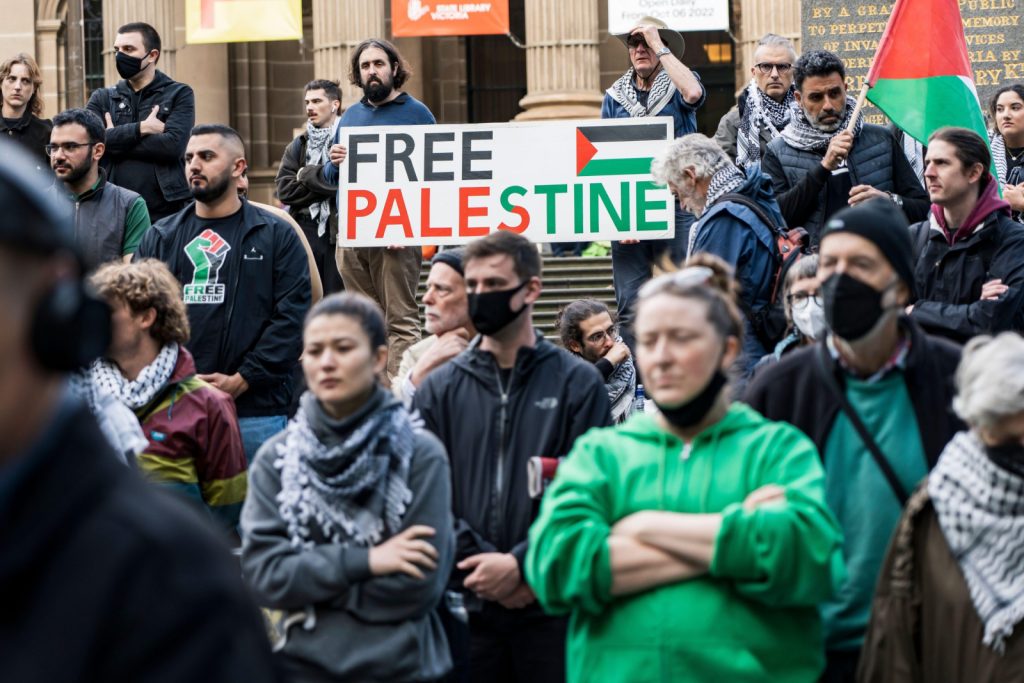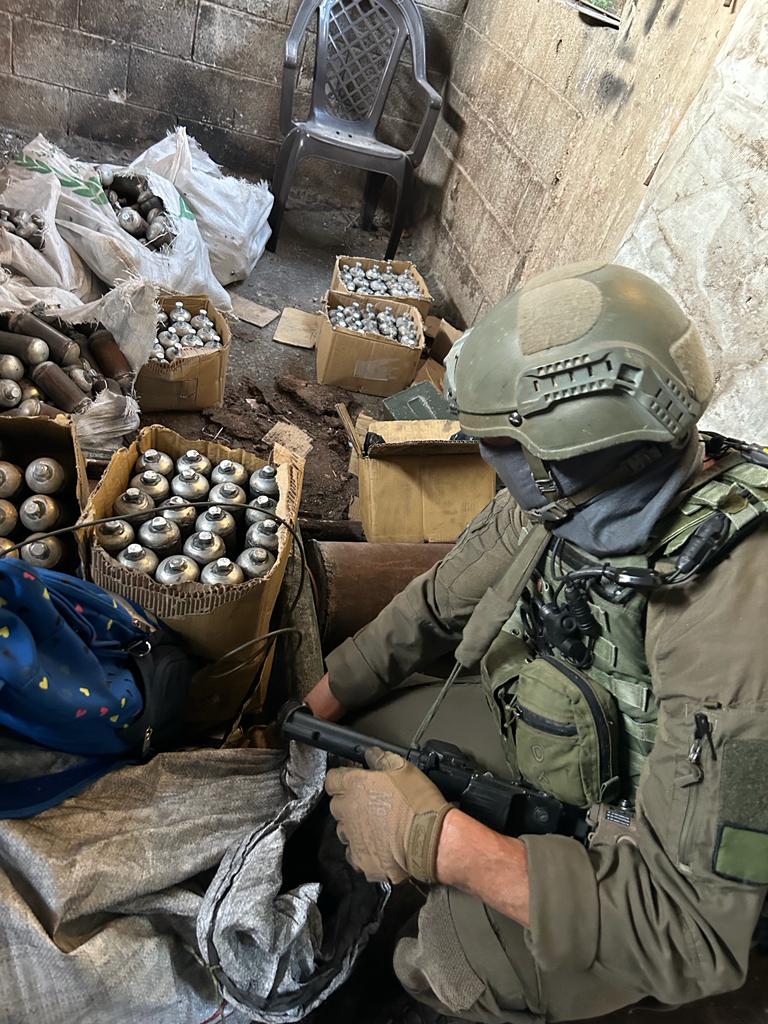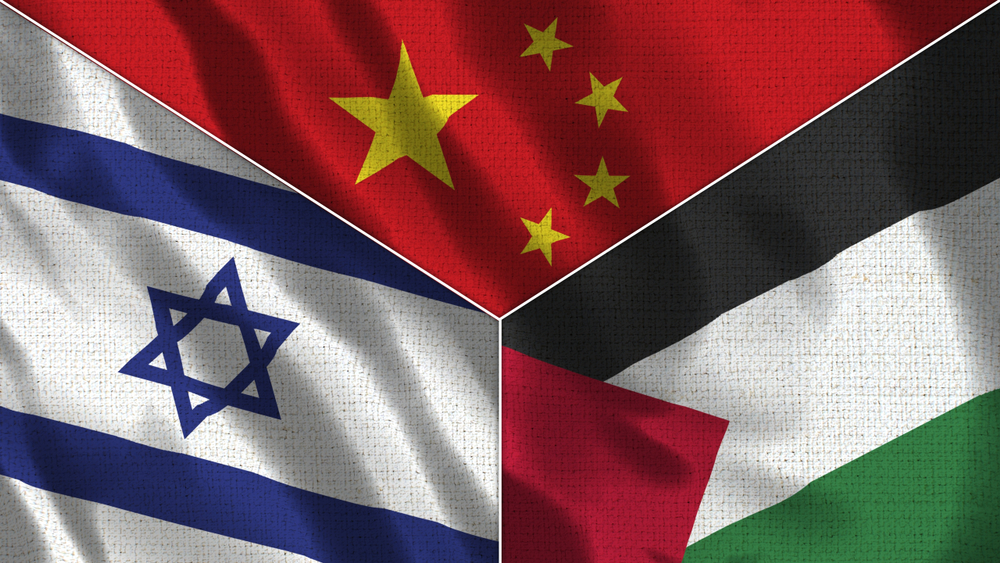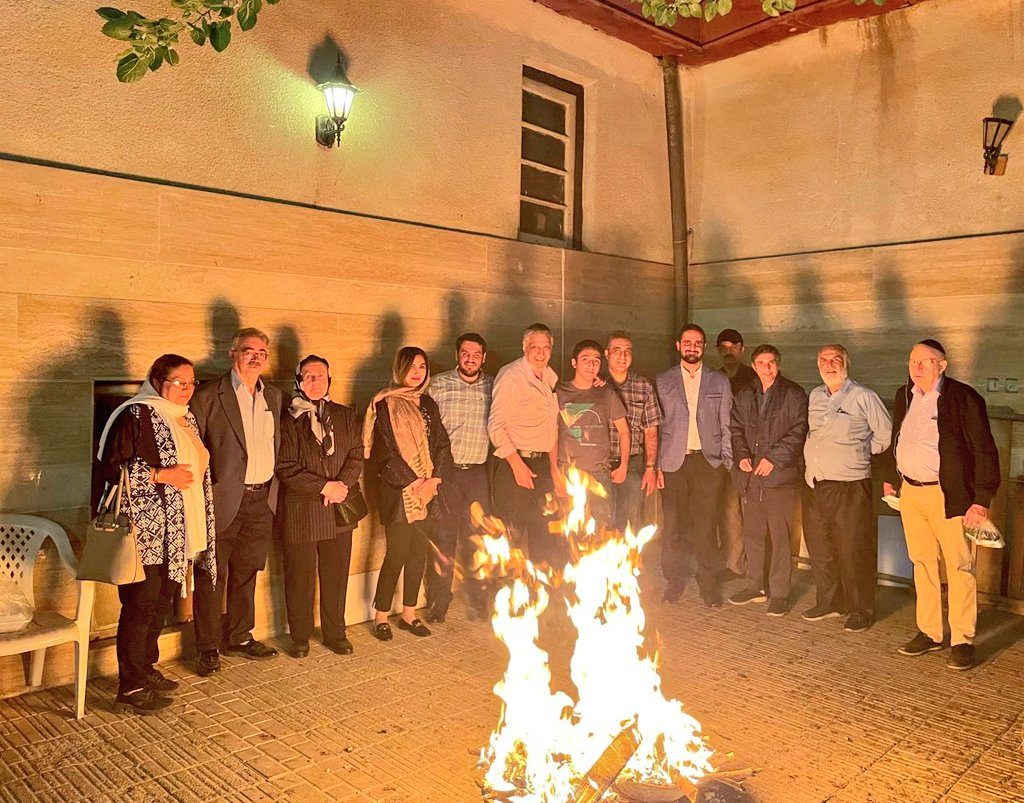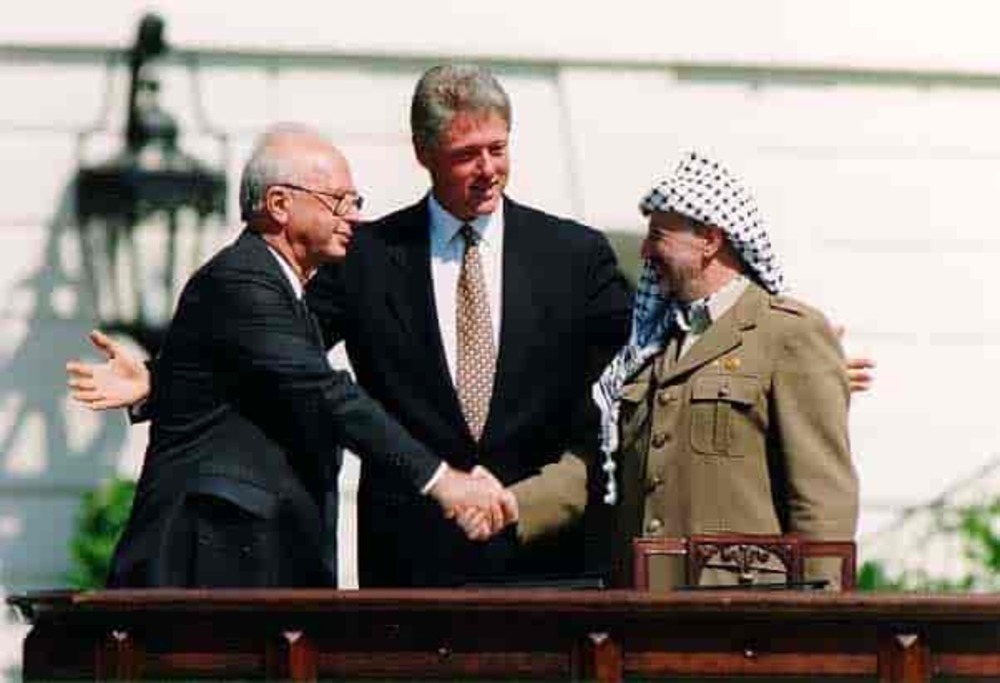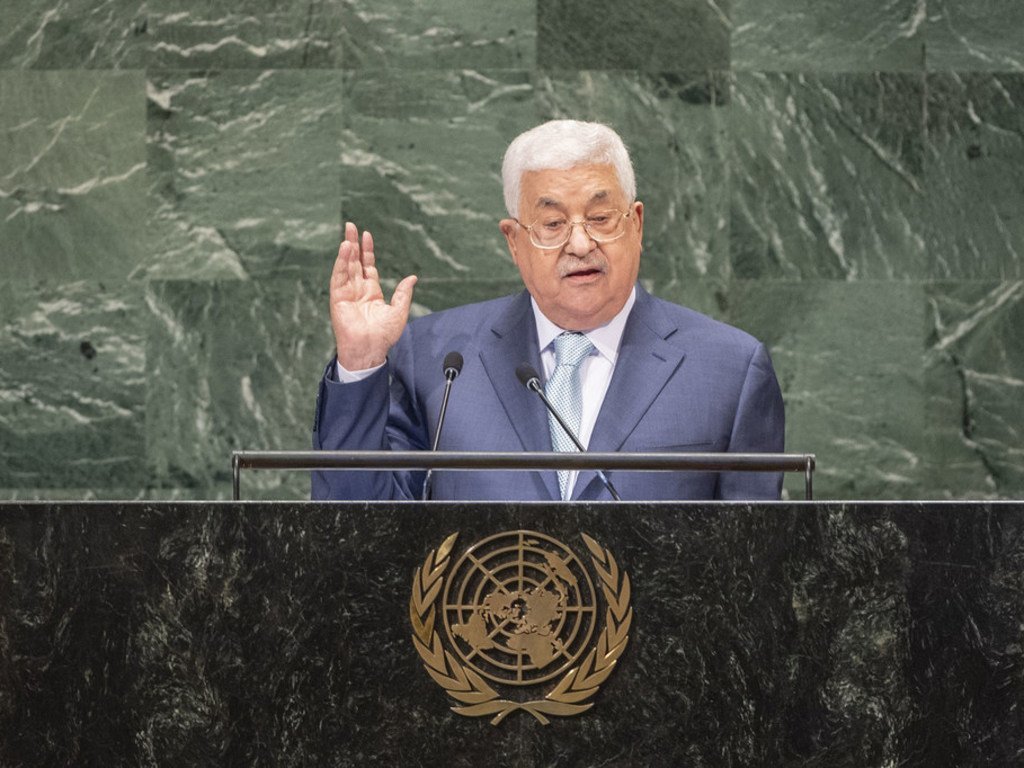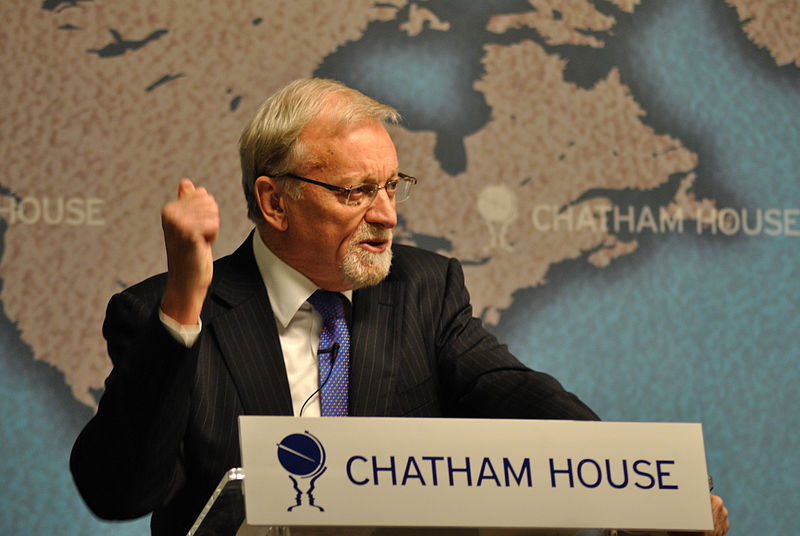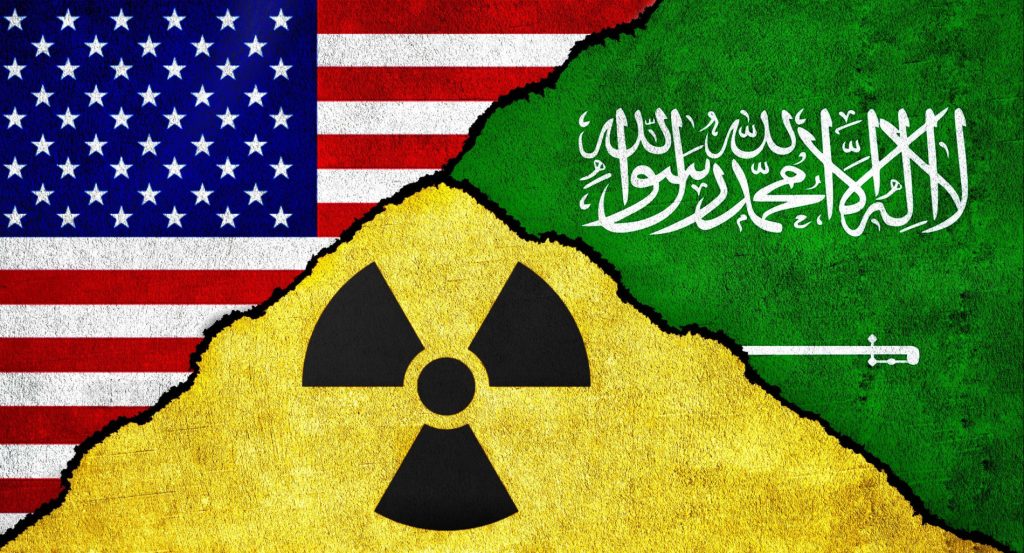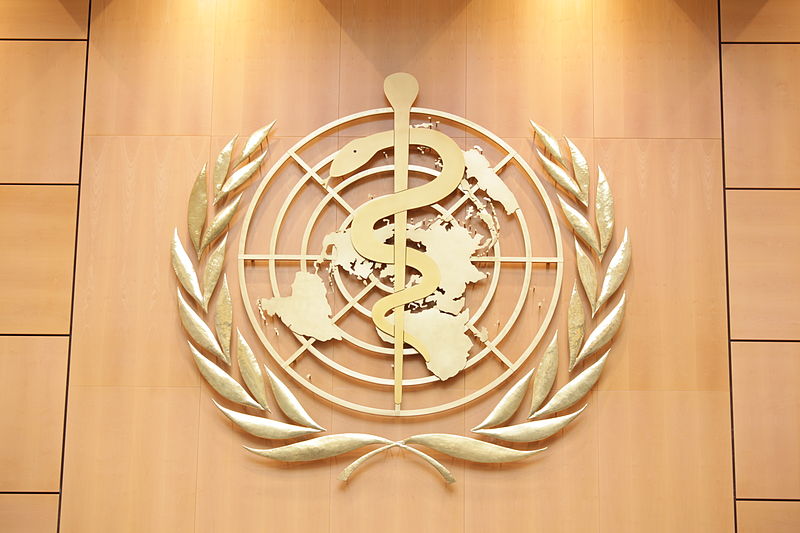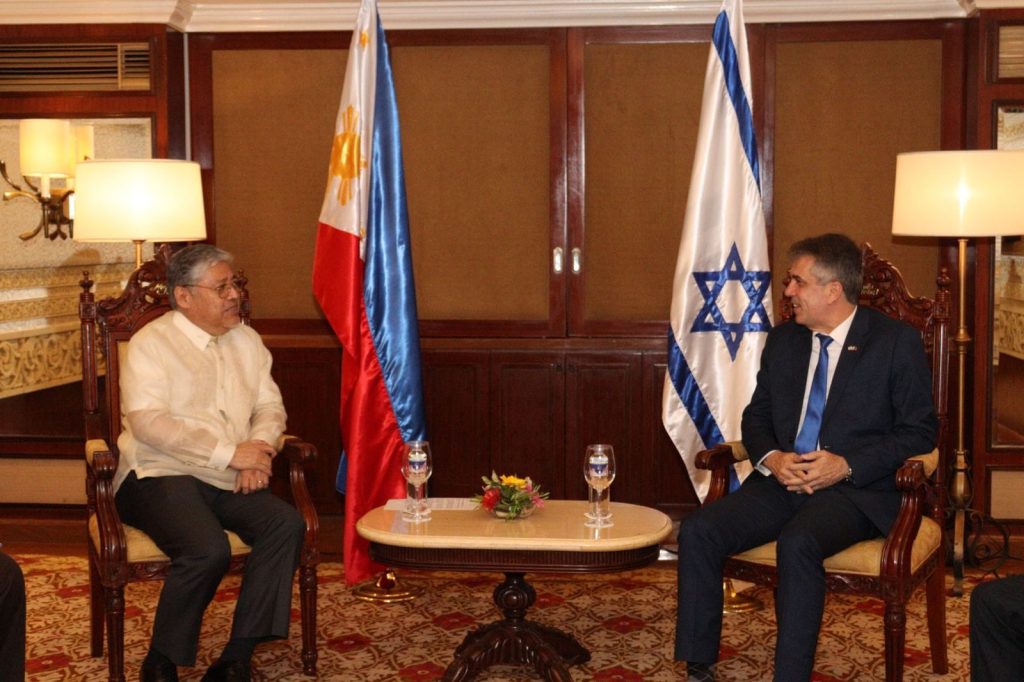Featured
ALP Must Resist the Activists on Israel
The Australian Labor Party is shortly going to have to decide if its policy on Middle East peacemaking is going to be based on misconceptions, symbolic “solidarity” and empty slogans, or common sense, reality, and international law.
Read MoreFast Facts: “House and Garden” – An IDF operation targeting terror infrastructure in Jenin
In the early morning hours of July 3, 2023, the Israel Defense Forces conducted a “Brigade-level raid” including over 1,000 soldiers and border police, into the Palestinian town of Jenin, focusing primarily on the UNRWA refugee camp in the area (also named Jenin).
Read MoreChina still doesn’t care about the Middle East
By all accounts, China still has little interest in playing a direct political role in the Middle East.
Read MoreAustralian Government Under Growing Pressure for the Recognition of Palestinian Statehood
There is a genuine concern in Australia that our government may soon recognize “Palestine” as a state, making Australia only the second Western democracy after Sweden to take this premature and counterproductive step.
Read MoreStockholm Syndrome in Tehran
In a stranger-than-fiction moment, earlier this month a small group of Jews gathered in a synagogue in the heart of Tehran to commemorate the anniversary of the death of Iran’s first Supreme Leader Ayatollah Ruhollah Khomeini, who… died on June 3, 1989. It seems bizarre to see online images of Iranian Jews celebrating the Ayatollah, who infamously implemented Iran’s anti-Israel, anti-Zionist repressive agenda…
Read MoreMove to recognise Palestine is premature and dangerous
For the benefit of the Palestinian future, no less than the Israelis, the Albanese Government must firmly remind their ALP colleagues in state branches and at the national conference of the wise words of the late former Israeli prime minister Ariel Sharon who described his transformation from a rigid ideologue to an outspoken peace proponent responsible for Israel’s 2005 withdrawal from Gaza.
Read MoreWhy ALP’s call to recognise Palestine is based on ignorance
The only way to achieve peace is that endorsed by the international community and accepted by Israel, but so far rejected by the Palestinian leadership – good faith negotiation between the two sides, involving compromise by both, to settle all outstanding matters, such as borders and Israel’s security concerns. Recognising a Palestinian state before that happens – and rewarding the current Palestinian refusal to even negotiate – would only make such peace harder to achieve.
Read MoreAIJAC strongly condemns Victorian ALP motion calling for recognition of “Palestine”
AIJAC Executive Director Dr. Colin Rubenstein said: “This counter-productive and frankly juvenile motion is phrased as rescuing the two-state solution, but in fact, resolutions such as this are setbacks to the peace process.”
Read MoreA Response to Gareth Evans’ “The case for recognising Palestine”
Gareth Evans’ “The case for recognising Palestine” (published in The Conversation on June 15) might appear superficially plausible, but closer examination reveals many flaws, including the omission or misstating of fundamental facts.
Read MoreExplainer: Why does Saudi Arabia want a ‘nuclear Aramco’?
The idea is to rebrand Saudi Arabia as a civilian nuclear energy powerhouse, and worldwide exporter of nuclear products and technology, given the expected reduction in the usage of fossil fuel in coming decades as part of efforts to control climate change.
Read MoreThe World Health Organisation’s Incurable Disease
Like all instruments of the United Nations, the WHO has become deeply flawed and politicised, as demonstrated by its 76th annual World Health Assembly meeting that recently concluded in Geneva. Of the 25 items on the meeting agenda, only one country was continually singled out. It doesn’t take a doctorate in infectious diseases and immunology to guess which: Israel.
Read MoreIsraeli FM’s historic Philippines visit highlights Israel’s Asian ambitions
The diplomatic tour of the Philippines and South Korea was part of Israel’s wider focus on Asia. Back in 2017, Prime Minister Binyamin Netanyahu announced his Government’s ‘Pivot to Asia’ policy, intended to eventually diversify Israeli trade away from its current concentration on America and Europe.
Read More
